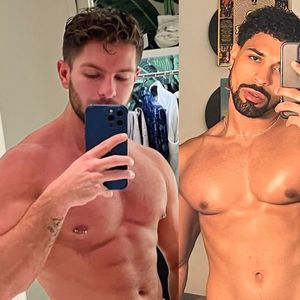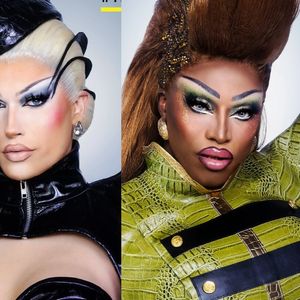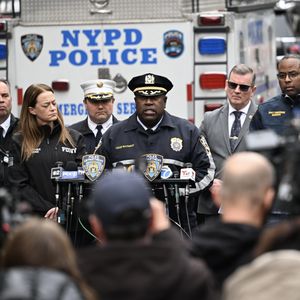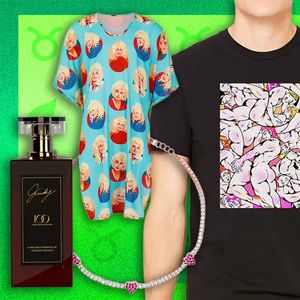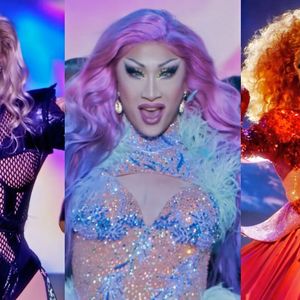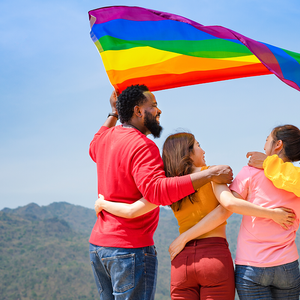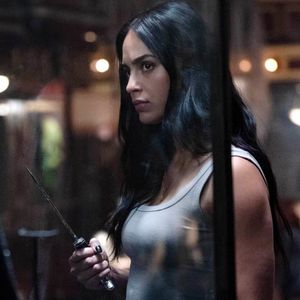The national
Episcopal leadership is focusing on the issue of gay
ordination at the cost of addressing minority concerns and
is enlisting African bishops to fight a battle that's
not theirs, speakers told a gathering of black
Episcopalians on Tuesday. The church should look
instead at fighting poverty and racism and address the
"conservative versus liberal" divide that underlies
the gay debate, speakers said at the 38th annual
conference of the Union of Black Episcopalians in
Richmond, Va.
The national group, which represents close to
400,000 black Episcopalians, is meeting in Richmond
all week. About 500 clergy and parishioners are
expected to attend discussions of topics such as
reaching out to young black boys and strengthening the
nation's historically black Episcopal colleges.
At a luncheon Tuesday, speakers touched on
everything from increasing black leadership in the
largely white denomination to breaking down
intraracial barriers between African Anglicans and
African-American Episcopalians. Reaction was
strongest, however, regarding the ordination of gays,
an issue that black leaders say has ballooned out of proportion.
"We waste our time trying to figure out who's
sleeping with whom instead of being about doing the
work of mission and ministry," the Reverend Sandye
Wilson, the group's immediate past president, told an
applauding crowd. "Don't get sidetracked."
The issue of gay ordination has been the focus
of intense scrutiny in the Anglican church, of which
the Episcopalians are a part, since 2003. That's when
U.S. Episcopal leaders elected the first openly gay bishop,
V. Gene Robinson of New Hampshire.
The controversy has split the denomination, with
some saying Scriptures condemn gay relationships and
others arguing for a more inclusive church. Early this
week Anglican leaders awaited the announcement of an
exclusive overseer for several conservative U.S. dioceses.
Among black Episcopalians, however, the issue
takes a backseat to more standard minority concerns:
improving the economy, health care, and education,
said treasurer John Harris. Episcopal leaders meet to
discuss church issues at the General Convention every
three years.
"The issues that the General Convention has been
obsessed with have not been as important to black
Episcopalians sitting in pews," Harris said. "We're
still behind the eight ball."
Top among black Episcopalians' concerns is
forming a singular voice that can share thoughts on
racism and poverty with the larger church, Wilson
said. But their experiences haven't gone unnoticed, said
Robert Williams, a spokesman for the Episcopal Church.
"The Union of Black Episcopalians is absolutely
correct in identifying that life-and-death issues such
as the eradication of hunger and poverty must have the
church's full attention," he said. "The Episcopal
Church's record for civil rights achievement has been strong."
Wilson linked the debate over gay ordination to
the decades-old issue of the ordination of women, a
pill she said conservative leaders never fully
swallowed. With women now incorporated into many churches,
she said, gays have become a new scapegoat.
She joined other leaders who said the church
enlisted the support of right-leaning African bishops
while overlooking issues facing their continent,
including the HIV crisis.
On Tuesday she asked black Episcopalians to
remember the civil rights era as she held up a copy of
the Windsor Report, a 2004 document that urged U.S.
Episcopal leaders to apologize for dividing the faith. "As I
looked at the Windsor Report, there were echoes of all the
oppression that I've experienced throughout my life as
a black woman," she said. "We who have been oppressed
and rejected...do not need to be a part of rejecting
and oppressing others." (AP)















































